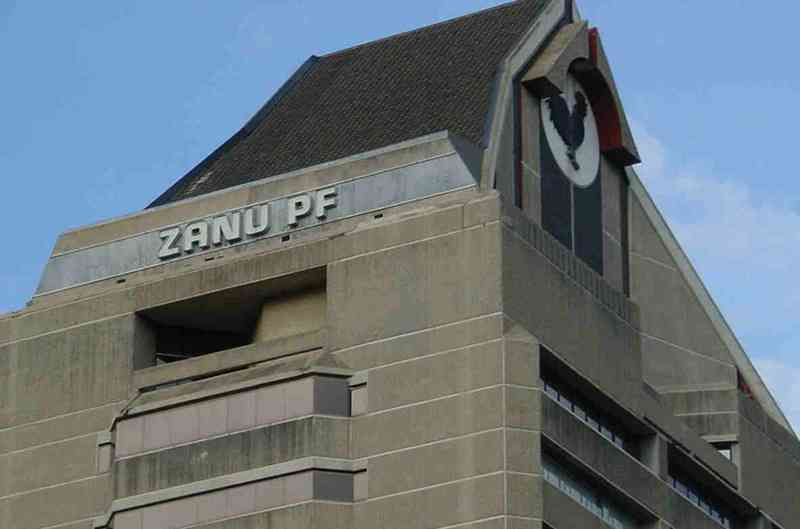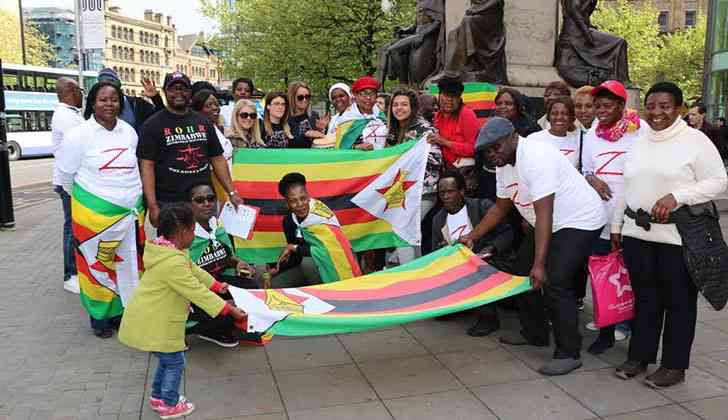
ZANU PF, Zimbabwe’s ruling party since independence, is undergoing a subtle, but significant renewal process.
The composition of its Cabinet now includes several new faces — young educated and often equipped with impressive academic credentials.
At first glance, this shift might suggest a forward-thinking approach to governance, with a deliberate focus on preparing for future leadership.
However, the implications of this renewal, coupled with the strategic use of State resources, raise deeper questions about the evolving political landscape in Zimbabwe.
A calculated renewal process
Zanu PF’s renewal is not an abrupt or chaotic overhaul.
It is a carefully calibrated process anchored on the party’s long-standing nationalist and conservative ideology, which traces its roots to the liberation struggle.
The inclusion of young educated leaders in Cabinet serves multiple purposes.
- Mavhunga puts DeMbare into Chibuku quarterfinals
- Bulls to charge into Zimbabwe gold stocks
- Ndiraya concerned as goals dry up
- Letters: How solar power is transforming African farms
Keep Reading
On the one hand, it projects an image of modernisation and adaptability.
On the other, it ensures the continuation of the party’s ideological legacy through individuals who are not only well-versed in governance but also deeply indoctrinated in the Zanu PF worldview.
These emerging leaders are strategically positioned to carry the party’s agenda forward, bridging the generational gap while maintaining the ideological cohesion that has defined Zanu PF for decades.
By leveraging on State resources for recruitment and capacity-building, the party ensures that its young leaders are well-equipped to navigate both domestic and international political dynamics.
The hidden strength of retired civil servants
Zanu PF critics often call for the retirement or dismissal of senior civil servants perceived as loyal to the party.
However, this strategy could inadvertently strengthen the ruling party’s influence.
Many of these individuals, seasoned in governance and politics, have the potential to reinvent themselves as formidable grassroots politicians.
Their departure from formal roles within the State apparatus does not equate to their disappearance from Zimbabwe’s political scene.
In fact, Zanu PF’s unique structure allows its members to seamlessly transition from official positions to influential roles within rural politics.
Retired civil servants often retreat to their farms, where they maintain a stranglehold over local communities.
Armed with resources, networks, and an intimate understanding of the political system, they can mobilise support and shape the narrative in rural areas, which remain crucial to Zimbabwe’s electoral outcomes.
Ideological cohesion and rural dominance
Unlike political movements driven by personality cults, Zanu PF operates as a nationalist conservative entity with a deeply entrenched ideology.
This cohesion gives the party a distinct advantage over fragmented opposition groups.
Its members, whether active or retired, share a collective commitment to the liberation struggle’s values, which continue to resonate with a significant portion of the population.
In rural areas, this ideological narrative is particularly potent.
Zanu PF’s dominance in these regions is not just a product of patronage or intimidation, but also a reflection of its ability to align its messaging with the historical and cultural identity of its constituents.
The party’s grassroots structures, bolstered by retired officials and local leaders, ensure its influence remains pervasive, even in the face of growing urban discontent.
Challenges for the opposition
For opposition parties, Zanu PF’s renewal presents a daunting challenge.
The infusion of young educated leaders into the ruling party’s ranks complicates the opposition’s narrative of an outdated and lethargic regime.
Moreover, the opposition’s reliance on urban support, while significant, is not sufficient to counter Zanu PF’s rural stronghold.
A significant weakness of the opposition lies in its over-reliance on Nelson Chamisa’s Pentecostal evangelical leadership style.
While this approach has created a fervent base of young, eccentric followers, it has also fostered a movement that often resembles a cult rather than a structured political organisation.
Chamisa’s charismatic leadership has energised urban youths, but it has also alienated broader demographics, particularly in rural areas where his rhetoric and style may not resonate as strongly.
The behaviour of Chamisa’s supporters, especially on social media, further complicates the opposition’s ability to broaden its appeal.
Many of his followers adopt an aggressive, football fan-like approach to political discourse, engaging in abusive and confrontational interactions online.
This combative behaviour undermines the opposition’s credibility and reinforces negative perceptions among undecided or moderate voters.
To effectively challenge the ruling party, opposition groups must address several key issues:
Ideological clarity
Opposition parties need to articulate a cohesive and compelling vision that resonates with both urban and rural voters.
Grassroots engagement
Building robust grassroots structures in rural areas is essential to counter Zanu PF’s dominance.
This requires sustained efforts in community engagement and resource mobilisation.
Strategic alliances
Collaboration among opposition parties and civil society organisations can create a unified front capable of challenging the ruling party’s influence.
Countering resource imbalances
Opposition parties must find innovative ways to compete with Zanu PF’s access to State resources, which it uses to consolidate power and influence.
Temper social media strategies
Opposition leaders must actively discourage toxic behaviour among their supporters, fostering a culture of constructive and respectful political engagement.
The long view: Be mindful of what you wish for
The ongoing renewal within Zanu PF serves as a reminder of the party’s adaptability and resilience.
Critics and opposition forces must be cautious in their demands for sweeping changes within the State apparatus.
The civil servants and political figures they hope to see dismissed could easily reemerge as influential actors, well-funded and deeply connected to grassroots networks.
Zanu PF’s ability to blend renewal with ideological continuity underscores its strategic acumen.
While the party faces significant challenges, including economic stagnation and growing dissatisfaction among younger voters, its entrenched structures and calculated approach to leadership transition ensure its relevance in Zimbabwe’s political future.
For Zimbabweans, the question is not merely whether Zanu PF will change, but how the broader political landscape will evolve in response.
The renewal process highlights the need for vigilance, innovation and strategic thinking among all stakeholders committed to a democratic and prosperous Zimbabwe.
Brighton Musonza writes here in his personal capacity.










